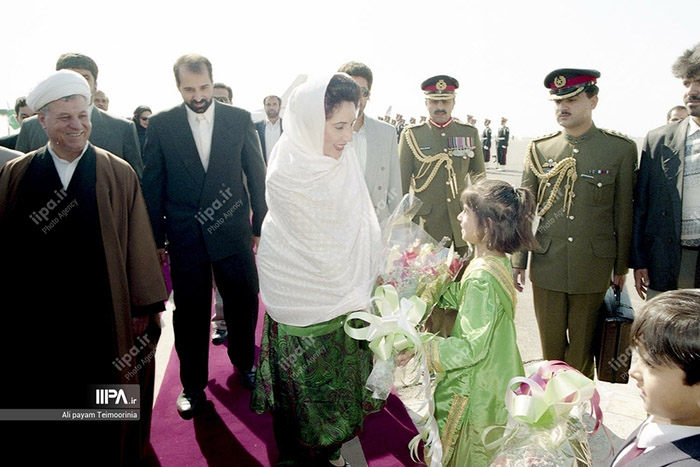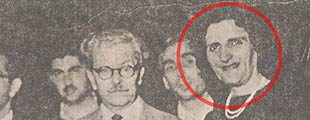Of mixed Sindhi and Kurdish parentage, Bhutto was born in Karachi to a politically important, wealthy aristocratic family. She studied at Harvard University and the University of Oxford, where she was President of the Oxford Union. Her father, the PPP leader Zulfikar Bhutto, was elected Prime Minister on a socialist platform in 1973. She returned to Pakistan in 1977, shortly before her father was ousted in a military coup and executed. Bhutto and her mother Nusrat took control of the PPP and led the country’s Movement for the Restoration of Democracy; Bhutto was repeatedly imprisoned by Muhammad Zia-ul-Haq’s military government and then self-exiled to Britain in 1984.
Her education and exposure to global political thought shaped her progressive vision for Pakistan. Following her father’s execution in 1979, Benazir Bhutto returned to Pakistan to lead the Pakistan People’s Party. She quickly became a symbol of opposition to military dictatorship and authoritarian rule. She was elected Prime Minister in 1988, becoming the first woman to hold the office in a Muslim-majority country, and served two non-consecutive terms (1988–1990 and 1993–1996).

